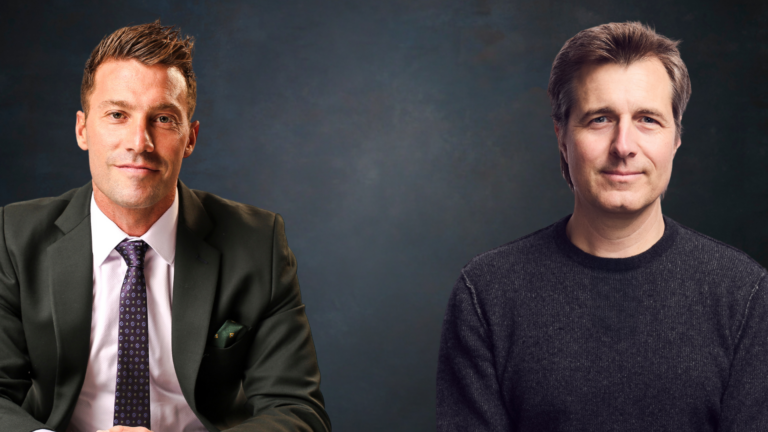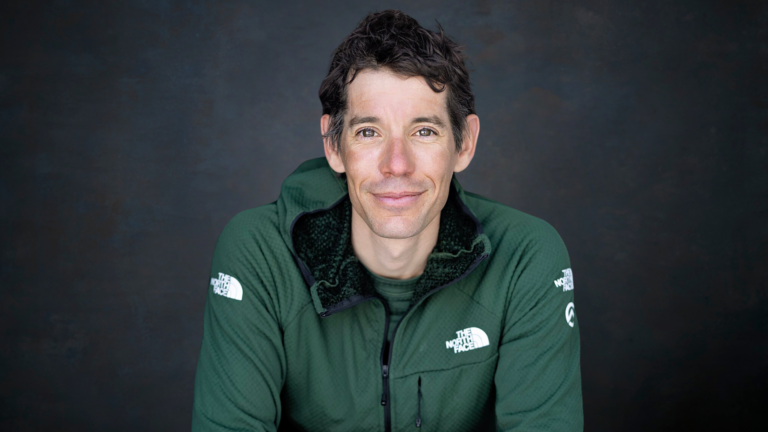I’m super excited to welcome back the one and only O’Neil Cespedes as our co-host for this month’s Ask Me Anything (AMA).
We have received so much great feedback on the AMA series that we’ve decided to break it off into it’s own slot in our feed.
So – moving forward – keep an eye out for the AMAs coming to you once a month on a Monday.
Be sure to subscribe to Finding Mastery so they show up automatically in your podcast feed – and – if you’re subscribed to our newsletter, you’ll receive updates on each drop there as well. If you’re not, feel free to sign up here.
As always, we had a blast answering your questions, and they took us to some really interesting and insightful places – in this episode, we cover:
- How to be a great listener
- The benefits – and costs – of vulnerability in leadership
- Navigating defensiveness in intimate relationships
- What’s wrong with the self-help industry
- And so much more…
As a reminder, please feel free to email info@findingmastery.net with feedback or any questions you may have for future AMAs.
“It’s easy to be you when it’s easy to be you. It’s when it gets hard… Do you stay true to yourself?”
In This Episode:
The art and skill of being a good listener
If I don’t care, it’s really hard to listen. So the first order of business is really caring. And so if I start there, it’s like caring about what? Caring about the person? Caring about what they’re trying to sort out? Caring about the idea that we’re trying to solve? Or whatever. So a deep care is where it starts. And then, what happens for me is that I reach this moment where my focus, my concentration, wanders or it wanes. And so, I’m pulled somewhere else. So I’m listening, and then some other thought enters, or something happens to my concentration. And so I need to know how to bring that back. If I follow that distraction for an extended period of time, I’m missing really important information. And so it’s having the psychological skill to be able to navigate that deep focus.
Vulnerability is courage
Vulnerability means a demonstration of courage, a demonstration of bravery. Because I mean, think about the analogy of a lobster. For the lobster to grow, it needs to come out of its shell, be totally vulnerable to go inhabit a new shell that’s a bit bigger. And that’s a bit what vulnerability really looks like from an emotional social standpoint, is that there’s a moment where people could rip you apart, they could shred you, but the reason you do it is because it’s required for your growth and it’s required for the growth of the collective. And that that is a big deal because the old way of thinking about vulnerability is weakness, the new way of thinking about vulnerability is that it’s a demonstration of courage and bravery, and it’s something that is required for the greater good or sometimes for the person alone.
Create space between stimulus and response
It’s so much harder to stay in the uncomfortable, vulnerable, sad anxiousness of saying things that are hard to say than it is to get angry. Angry is easy. So when I get up against that threshold and I’m uncomfortable for an extended period of time, my fear is that I eject out of that and get angry. And so I’m not as concerned about pushing it off, I’m more concerned about extending that threshold so that I have more room to play. I have more room to not be so triggered by a statement or a question or an eye roll or whatever. That I can make that about information, as opposed to make it about me.
Navigating feedback in a relationship
Be more interested about what the other person’s experience is, be more interested about the commitment to get better and less about, this is about me defending my early childhood drama in my life that’s showing up as an adult. That’s really what’s happening at some level, is as adults, we’re trying to figure out how to be better than the early relationships we had in our life and to do them better. So I don’t know if I gave a concrete answer to it, but as a high performance approach, a relationship is required where it’s a yin and yang about triggers. And if those triggers come up, how do we get better through them is we got to stay patient. We got to stay in it, stay committed to the shared agreement early in the relationship. Like let’s go somewhere together, let’s do something together, let’s be special together. And I’m trusting you.
Recognizing triggers
We’ve got these early childhood narratives and experiences that have helped shape the way that we understand the world, what’s safe and what’s not safe, what’s okay and what’s not okay. And then you and I are having a conversation and I’m tripped about something. I’m keyed up and I put it on to you. Maybe it’s something you did, maybe you rolled your eyes or looked at your phone or, picking on your phone again, had your phone out at the dinner table or whatever. And it flashes up all of this old stuff where people weren’t noticing me. Now I’m going to bring a full thrust into the conversation and I’m coming at you because it’s my stuff. It’s like there’s a lot that’s kicked up in this. Here’s an interesting rule of thumb. When something seems bigger or doesn’t seem to make sense, it’s likely that it’s stemming from some earlier trauma, some earlier experience.
Advice from one of Dr. Mike’s mentors
One of my mentors says to me, this is about my wife, I was going through some stuff with my wife and he says to me, “Mike, you don’t have to fully entangle in every conversation. You can take a breath. You can create healthy space between you and your wife, and you can just remind yourself, this is not about you, Mike. This is about the relationship. This is about the triggers that she’s having and you need to be just part of it and witness it and be compassionate with it, but you don’t have to solve stuff. You don’t have to fix it. You don’t have to even be part of the solution. And it’s probably maybe not even your fault if it’s a huge response, but you do owe it to be there and to be present with the experience that she’s having. And for me, that goes a long way. I mean, I’m not like, “Hey, I got to go. You’re full of shit. I’m over this. What, are you kidding me? Come back when it’s better, when you’ve got the sorted out.” That’s terrible. There’s no intimacy or trust or connection in those types of responses to big emotions.
“Dr. Mike, what do you struggle with most in psychology?”
Living it. I’ve spent the better part of two decades really committing to understanding how people excel in life. Early on, it was just the metallic nature of excellence, the hardware and being the best. And now I’m far more interested in a rich life, and I don’t mean that financially but a life that has great buoyancy and depth, the fullness to one’s life. And I don’t think we can do that if we don’t fundamentally commit to try to understand what we’re capable of and so that’s pretty messy. There’s not this high performance treadmill. Jump on it and press a button and you’re going to be a high performer. It doesn’t work like that. So I understand best practices both out in the frontier and in the laboratory, and metabolizing those in a way that they are real or organic as big as it sounds, like every moment of my life. That’s what I want to do. And so that is the hardest part.
The “self-help” industry
I get a rash all over my body when I think about me being part of that industry. I understand what people are craving. They want to be better, but the dilution of wisdom and insight and research based best practices is nauseating. And I can’t listen to advice. I don’t want to be an advice giver. I really have an inversion to somebody who has not demonstrated deep mastery in their life coming along casually to capture a business idea or without a deep dedication to understand the psychology of becoming, to casually throw something out in the self-help industry. So at Finding Mastery, we are actually trying our very best to move the industry towards evidence-based best practices that have been tested and tried and come true in fast-paced, hostile, exacting, rugged, high, pressured, stressful environments. So that’s where, that’s why I think the self-help industry begins to break down is because that rigor is not valued.
A reframe on self-help
I believe that we need to go back to our true nature, which is we are social beings first. We are an interconnected, intimately involved ecosystem. And to orientate ourselves from that place is the right framing. Not like 1980, I need to be better myself so that I can win the medal. I need to be better myself so I can help my teammates, I can help my partners be great in life. And if we can get that second piece to it, I think get I’ve seen it. We create a rising tide where everybody’s better for it.



